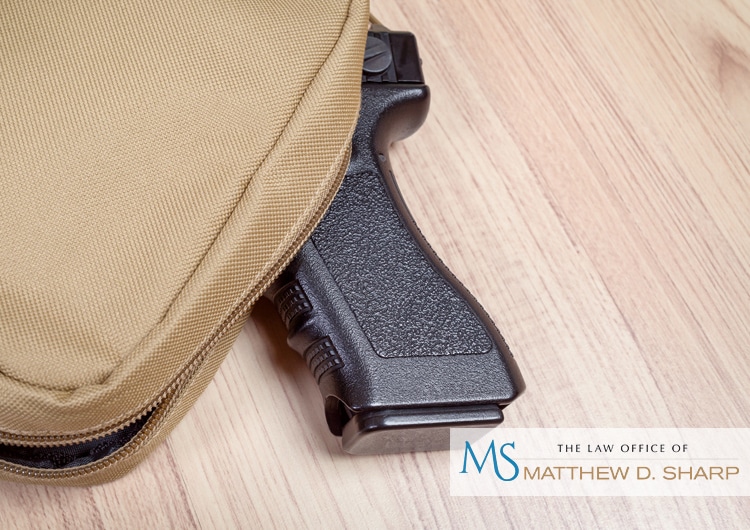With the passing of House Bill 1927, Texas is about to become the 21st state that allows for the unlicensed, or permitless, carrying of firearms. Now that Governor Greg Abbott has signed the bill, it is set to become law on September 1, 2021.
However, there are still questions and concerns surrounding what can and can’t be done under the law.
Before HB 1927 became law, a license was required for Texans to carry a handgun, whether it was carried openly or concealed. In order to obtain a license, an applicant had to be fingerprinted, complete a training course (4 to 6 hours of training), take and pass a written exam as well as successfully complete a shooting proficiency exam.
Meanwhile, Texas made no such requirements to openly carry a rifle.
Clarifying handgun carry regulations
While the passing of HB 1927 makes it seem as if anyone in the state of Texas will automatically be able to carry a weapon, this isn’t true. Only those who are of age—21 years old (or 18 if serving in the military)—who have a clean criminal record will be able to open carry.
Furthermore, anyone who can’t purchase a firearm according to federal law, or anyone who is chemically dependent, is barred from carrying a handgun.
According to state Rep. Matt Schaefer:
“If you’re currently prohibited by law from possessing a firearm, and there’s a whole list of federal and state laws that are going to disqualify you from possessing a firearm, we don’t help you at all with this legislation.”
Additionally, HB 1927 hasn’t changed any of the places that handgun carry is already restricted. Examples of where firearms cannot be openly carried include:
- Access-controlled airport terminals
- Amusement parks
- Bars
- Correctional facilities
- Courthouses without authorization
- Government meetings that are open to the public
- Places where high school, collegiate or professional sporting or interscholastic events are being held
- Polling places
- Racetracks
In addition to the above locations, those who own private property still have the option to restrict patrons from carrying firearms on their premises.
Moreover, gun owners should be aware that even if they are permitted to carry their firearms in public, it doesn’t mean the gun can be brandished around. It must be holstered.
| For a full list of restrictions or for further clarification, please see the Texas Department of Public Safety’s website. |
Penalties for unlawful carry
Violating any of the above conditions can still land you in trouble. Under Texas Penal Code Section 46.02, those convicted of unlawful carry face a Class A misdemeanor, which carries the following penalties:
- Fines up to $4,000
- 1 year in jail
Additionally, if the unlawful carry occurs in a business with a liquor license, or one that distributes or sells alcohol, the penalties will be higher. The charge will increase to a third-degree felony, which carries penalties of:
- Fines up to $10,000
- 2 to 10 years in state prison
Are handgun training and carry licenses a thing of the past?
As a part of House Bill 1927, the Texas Department of Public Safety is required to post an online course that is free to the public to teach the proper way to handle a firearm safely. Additionally, those who are licensed in handgun safety instruction can continue offering their classes to the public.
While it may seem counter-productive to become licensed to carry a handgun in a state that doesn’t require you to be licensed, having a license can come in handy. This is true of neighboring states who may follow reciprocal agreements.
In this case, the reciprocal agreement would be: “If I can carry in your state, you can carry in mine.”
By obtaining a Texas handgun license, you would be eligible to carry your handgun in any license-only carry state that participates in the agreement.





